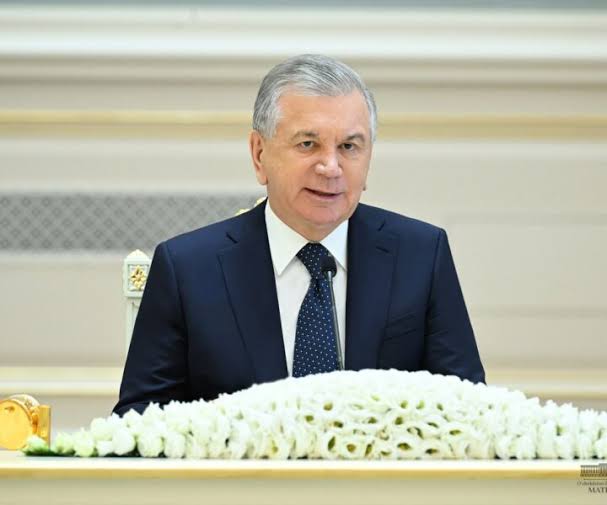
Ashraf AboArafe
On May 21–22, 2025, President of Uzbekistan Shavkat Mirziyoyev will pay an official visit to Slovenia—an event that symbolically coincides with the 30th anniversary of the establishment of diplomatic relations between the two countries, launched on January 16, 1995.
Over three decades, Uzbekistan and Slovenia have cultivated a steadily growing partnership across political, economic, and cultural-humanitarian dimensions. This evolving relationship is underpinned by mutual respect, constructive dialogue, and a shared commitment to diversifying foreign policy and expanding economic cooperation.
As a member of the European Union, Slovenia holds strategic significance for Uzbekistan’s broader efforts to strengthen ties with the EU. The first official visit of an Uzbek president to Slovenia in 2005 laid a solid foundation for increased engagement. Since then, bilateral relations have deepened through inter-parliamentary cooperation and mutual support in international forums.
Ljubljana has notably backed several UN General Assembly resolutions initiated by Uzbekistan, including those on enhancing the role of parliaments in achieving the Sustainable Development Goals (2022) and promoting sustainable forest management (2024). Slovenia has also supported Uzbekistan’s candidacy for the UN ECOSOC (2025–2027) and the Human Rights Committee (2025–2028), while receiving reciprocal support from Tashkent for its candidacy to the Human Rights Council (2026–2028).
Regular rounds of political consultations continue to reinforce diplomatic ties. The most recent round, held in November 2024 in Tashkent, focused on expanding diplomatic presence and scheduling the next consultations in Ljubljana in 2025.
Growing Economic Synergy
Economic cooperation has seen notable momentum, particularly in the last three years. With Uzbekistan designated as a GSP+ beneficiary by the EU, trade volumes have risen sharply. In 2024, bilateral trade increased by 60.3% compared to the previous year. Early 2025 figures indicate an additional 47.8% growth in trade turnover, with Uzbek exports rising more than twentyfold—evidence of increasing competitiveness in European markets.
Uzbekistan primarily exports raw materials and agricultural goods, while Slovenia supplies high-tech machinery, pharmaceuticals, and industrial components. There is substantial potential to diversify trade, especially in manufacturing, information technology, and renewable energy.
The 2023 Uzbekistan–Slovenia Business Forum in Tashkent marked a turning point, resulting in an Economic Cooperation Agreement and exploration of joint ventures in automotive engineering, hydro turbine production, agri-business, and retail expansion.
Currently, three Slovenian-invested enterprises operate in Uzbekistan, with opportunities expanding in construction, textiles, tourism, and pharmaceuticals. Slovenian companies bring valuable expertise in innovation and advanced technology, aligning with Uzbekistan’s economic modernization goals.
Connectivity, Culture, and Education
Transport and logistics offer another promising area for partnership. Uzbekistan’s strategic location in Central Asia and Slovenia’s in the heart of Europe position both countries as natural nodes in emerging interregional corridors. Discussions have already begun on enhancing transport links and launching direct flights between the capitals.
People-to-people ties and cultural diplomacy continue to play a vital role in strengthening mutual understanding. Regular cultural events—concerts, exhibitions, and festivals—promote the rich heritage of both nations.
Educational cooperation is also gaining traction. During high-level talks in Tashkent in late 2024, both sides explored prospects for academic exchange and joint research programs. This reflects growing interest in bilateral collaboration in science and education.
Outlook
As Uzbekistan and Slovenia commemorate 30 years of diplomatic relations, both countries signal a clear commitment to deepening their multifaceted partnership. The upcoming presidential visit is expected to launch a new phase of dynamic engagement, with the signing of key agreements and the outlining of strategic priorities for the years ahead.
This milestone is not just a celebration of past achievements—it is a forward-looking declaration of intent to build a resilient, diversified, and innovative partnership grounded in shared values and mutual benefit.

 to all..
to all.. 


